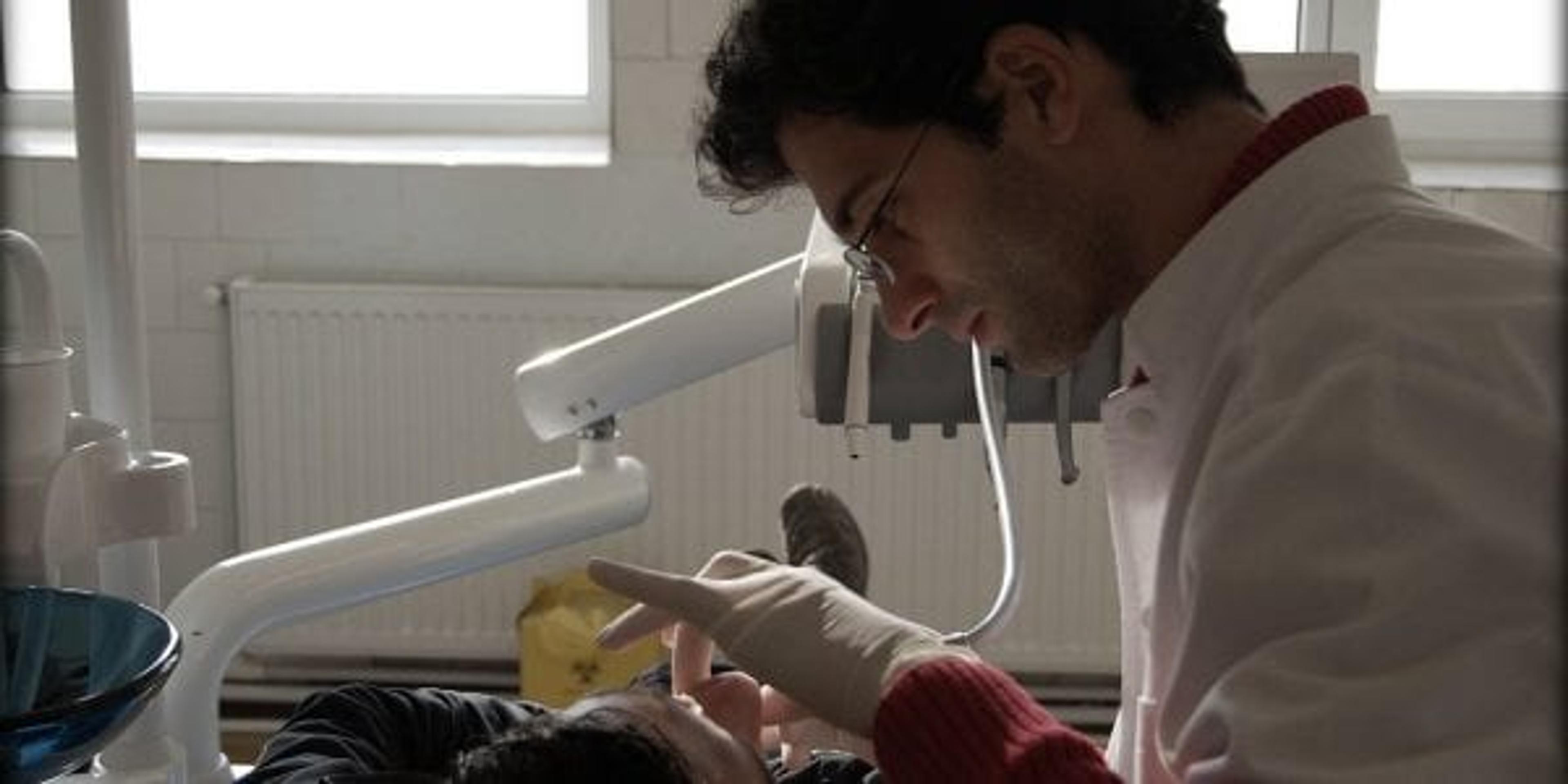Did You Know: Diabetes Can Affect Your Dental Health

Dr. Gary Vance
| 2 min read

Among the many complications that can arise from diabetes is the greater risk for gum disease. That may not seem like a big deal, but serious gum problems could have a huge impact on your quality of life, causing gums to pull away from your teeth, leading to pain, infection, bone loss and, in extreme cases, even tooth loss.
Why is there a connection? Diabetes makes it harder for your body to fight bacterial infections, so when bacteria invades your gums, it has free reign to wreak havoc. That connection can go both ways. Gum disease can affect your blood glucose levels, causing diabetes to progress faster than it otherwise would.
Gum disease isn’t the only dental health issue facing diabetics. Thrush (a fungal infection that affects the mouth and tongue) and dry mouth (a condition where your saliva amounts are lower that can lead to soreness and ulcers) also occur at a higher rate among diabetics than those without the disease.
So what can you do? The first step is to control your blood sugar levels. Beyond that, practice good dental hygiene by brushing twice a day for two minutes and flossing once a day, every day. Antibacterial mouthwash can also help keep gum disease at bay. Finally, make sure you see your dentist for regular cleanings and check-ups and make sure you tell your dentist about your diabetic condition.
Photo credit: Irina Patrascu Gheorghita





